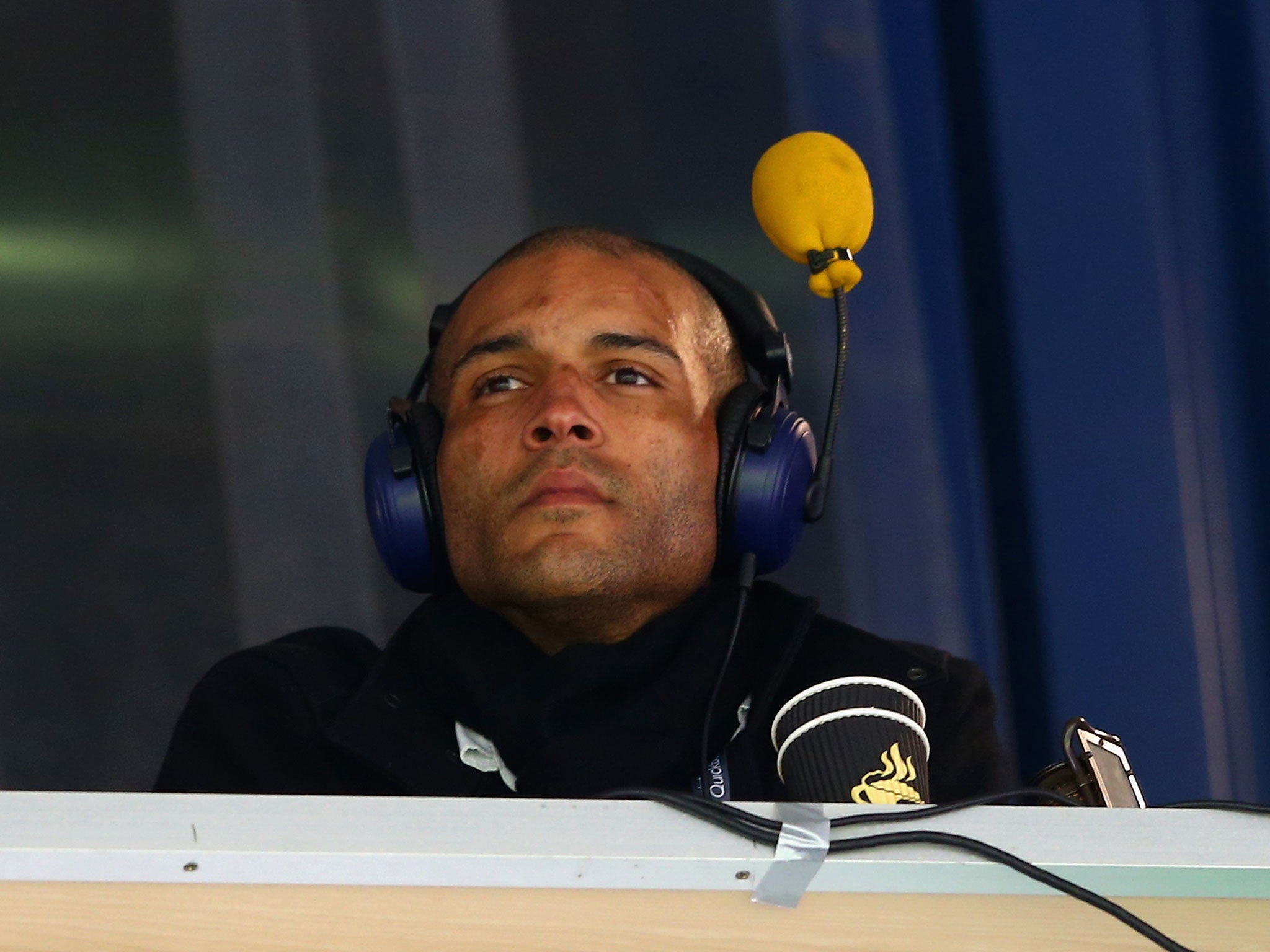PFA say more players than ever are seeking help over mental health issues after Aaron Lennon case comes to light
Lennon is being treated for a stress-related illness and the head of welfare at the Professional Footballers' Association has revealed that 62 current players sought treatment last year

Your support helps us to tell the story
From reproductive rights to climate change to Big Tech, The Independent is on the ground when the story is developing. Whether it's investigating the financials of Elon Musk's pro-Trump PAC or producing our latest documentary, 'The A Word', which shines a light on the American women fighting for reproductive rights, we know how important it is to parse out the facts from the messaging.
At such a critical moment in US history, we need reporters on the ground. Your donation allows us to keep sending journalists to speak to both sides of the story.
The Independent is trusted by Americans across the entire political spectrum. And unlike many other quality news outlets, we choose not to lock Americans out of our reporting and analysis with paywalls. We believe quality journalism should be available to everyone, paid for by those who can afford it.
Your support makes all the difference.The Professional Footballers' Association say more players than ever before are seeking help for mental health problems as awareness of the issue grows.
The subject has come into focus again after Everton winger Aaron Lennon was detained under the Mental Health Act amid concerns for his welfare in Salford on Sunday.
Lennon was taken to hospital on Sunday to be assessed and is being treated for a stress-related illness.
Since 2012 the PFA has provided a dedicated service to help with its members' well-being, and the numbers taking advantage of that are on the rise.
"We put a player welfare department in place in 2012 because I felt a lot of onus was being placed on the physical aspect of players playing football and not enough on their emotional side, and I think the two go hand-in-hand," PFA head of welfare Michael Bennett told Press Association Sport.
"Last year we had 160; of which 62 were current players and 98 were former players, and that is growing year on year.
"Key for me is making our members aware of what is in place and the more we raise awareness, the more people will use the service.
"I think it is a male mindset that it is seen as a weakness so for people like Clarke Carlisle, Rio Ferdinand - even Prince Harry - to talk about their own experience brings the taboo down and you become more comfortable being able to talk about it.
"We are trying to change that mindset because if you were to twist an ankle or pull a hamstring - because you can physically see it - you can treat it, but because mental illness is something you can't see it is not viewed the same as something you can see."
Former PFA chairman Clarke Carlisle, who had a season at Leeds with Lennon early in his career, has suffered from mental health issues himself and attempted suicide in 2014.
He has offered support to Lennon, who Carlisle believes is in the most susceptible demographic to be struck by the illness.
Speaking in the Guardian, he said: "When I first heard the news about Aaron Lennon, there was a feeling of sadness because I don't want anyone to experience what I've been through. But it was also a feeling of relief.

"My former team-mate at Leeds has got to the crisis point that I hit but he has now entered the support system and has the opportunity to address what is going on, rehabilitate himself and live a full and blessed life.
"Although I don't know the exact specifics of his situation, I have a good experience and understanding of the spectrum of mental health issues and I wanted to offer my support at this time.
"Having been through this situation myself I know that anything more than that is imposition and if it's not warranted it will just cause further stress. It's an approach that I would implore everyone to adopt - Azza's going to embark on a journey where he needs to find the right recovery process and rehabilitation and his family will help to tailor that to suit his needs. But if I can be of help then I will be.
"It's actually of no surprise to me because Aaron's in the prime demographic. We saw suicide rates last year peaked for young black males between the ages of 30 and 45 and that group is the most susceptible to experiencing mental issues.
"So the car that you drive does not prevent you from succumbing to this illness."
PA
Join our commenting forum
Join thought-provoking conversations, follow other Independent readers and see their replies
Comments